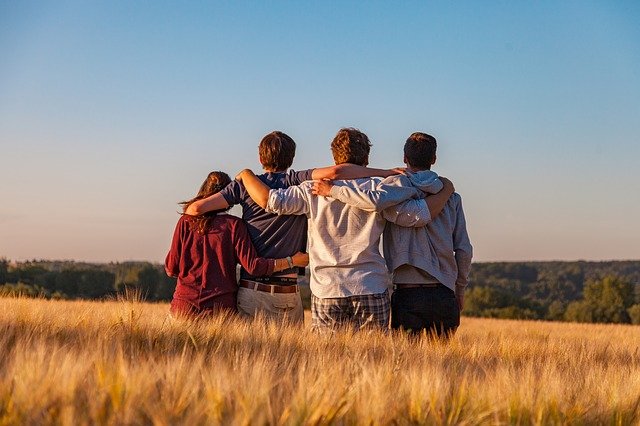by Dr Robbie Lloyd
Recently a friend told me that she would have to be late to a meeting we had scheduled, because she had to be at the hospital supporting her 16 year old child, who had attempted suicide by taking an overdose and slashing their wrists.
This young person is undergoing a traumatic and challenging time, questioning their gender identity and wondering how to fit into the world. It is a common theme among teenagers today, exacerbated by the artificial and unhealthy pressure created by our competitive education system and marks-oriented assessments of what makes someone worthwhile in our world.
We need to change that crazy system, driven by NAPLAN and HSC results, and the parental and principal driven anxiety about “results.” But more importantly, we need to get closer to our young people by finding ways that resonate with their lives. Professor Pat McGorry, former Australian of the Year and founder of the Orygen Youth Health research centre in Melbourne (https://orygen.org.au, “revolution in mind”), and the national headspace network of 12-25 year old mental health support services (https://www.headspace.com), has argued for decades we need to change our ways. “Treat early and focus on recovery” is Pat’s mantra.
I used to run the Alice Springs headspace service back in 2009, and it definitely has valuable offerings for all who come there. But too many young people do not even get near these clinics, because they are still “health clinics,” not community centres where youth feel naturally comfortable.
Schools and parishes are much more likely to be accessible to young people, but are they listening to the inner concerns troubling their young people? If you are able to generate a conversation among your community, it should start with two questions, raised by Orygen’s own research into what young people want: (a) has everyone got familiar with the on-line youth support services available? Especially Reach Out, designed by and for young people and run by young people? (https://au.reachout.com – Reach Out “helps under 25s with everyday questions through to tough times”); and (b) Families and Peers are the best support networks, IF THEY LEARN TO TALK ABOUT IT. Don’t skirt “the problem,” ASK if a young person is thinking of harming themselves, and then quietly ask why. In a calm and No Blame, No Shame way. Then you can begin seeking help together.

